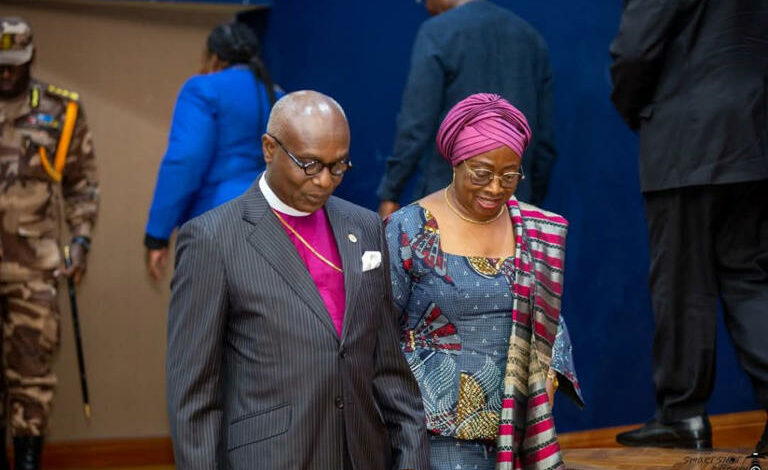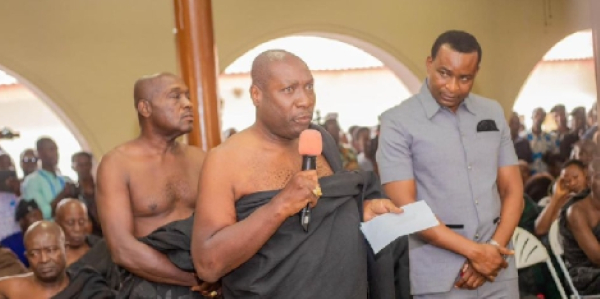Justice Sophia Akuffo calls for Morality, Excellence, and Service in Nation Building

Accra – Former Chief Justice, Justice Sophia Akuffo, has underscored the importance of morality, excellence, and service as essential pillars for sustainable democratic governance and national development.
Delivering the 25th Anniversary Lecture of the Methodist University Ghana (MUG), Justice Akuffo emphasized that these values are not abstract ideals but practical and necessary tools for building a prosperous nation. The lecture was held under the theme: “Morality, Excellence and Service in Sustainable Democratic Governance.”
She stated that Ghana must move beyond rhetoric and commit to these principles through accountable actions. According to her, “We must recommit to these principles, not just in words and populist slogans, but in accountable action.”
As part of its Silver Jubilee celebrations, MUG hosted the lecture to reflect on national values and the role of institutions in shaping democratic progress. The University, established in 2000, turns 25 in 2025 and has planned a series of events to mark the milestone.
Justice Akuffo lamented the current state of national values and called for a new generation that upholds truth over convenience, merit over favoritism, and service over status. She urged Ghanaians to work towards a democracy that is deeply rooted in the aspirations of the people and governance that inspires trust and inclusivity.
“Let us build a Ghana where democracy is not just sustained but thrives in every heart’s aspiration; where governance is not simply endured but is trusted; where every citizen, male or female, rich or poor, young or old, feels a fulfilling sense of belonging,” she stated.
She further emphasized that democracy must be a lived experience, not merely a set of ideals documented in policy. For democracy to thrive, it must be guided by a strong moral compass and patriotic values that drive both leadership and citizen participation.
Justice Akuffo warned that without a moral foundation, democracy risks becoming a procedural formality, void of conscience and principle. She described such a scenario as governance that becomes “transactional rather than transformational.”
In her address, she called on both leaders and citizens to reject corruption, nepotism, and impunity, which she described as moral failures and indicators of a collapse in national values.
“What Ghana needs for sustainable development,” she said, “are citizens who selflessly participate in civil life and leaders who see power not as a personal reward for the privileged few, but as a sacred responsibility to deliver meaningful progress for all.”
Justice Akuffo concluded by reminding the audience that transparency, efficiency, quality leadership, and responsible citizenship must never be compromised for short-term gains or political promises.
Source: Emmanuel| Contributor





